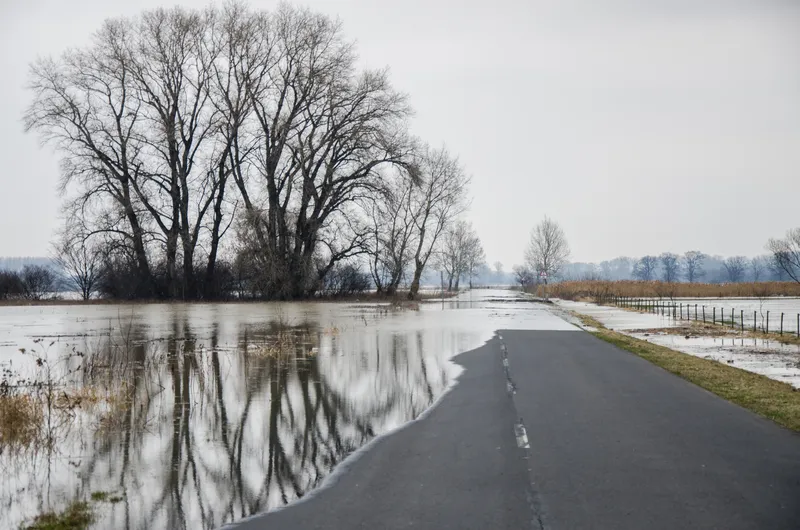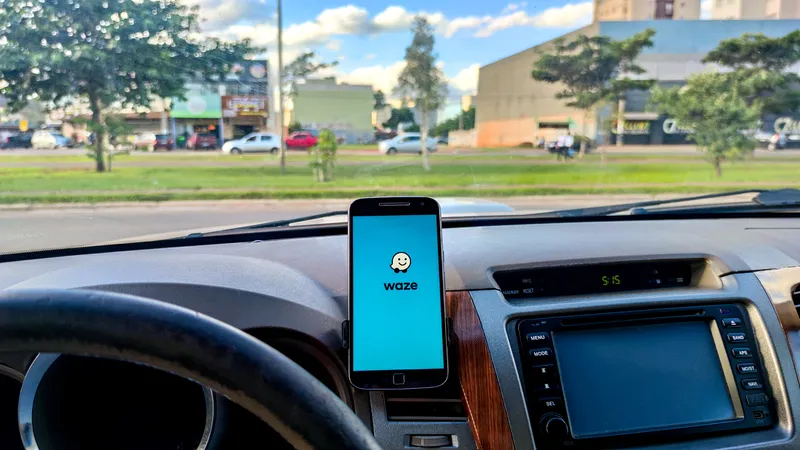
Triplesign has launched a secure, low-power communication system for its variable message signs (VMS), which reduces power consumption from 1 watt per hour to just 0.14 watt per hour.
This, along with wireless control of multiple signs, enables precise placement without the need for extensive cabling.
A back- end platform allows remote control of the signs, which can be grouped or ungrouped as needed. They can be programmed with a yearly calendar or operate autonomously using sensor technology. An API ensures seamless wireless integration with existing ITS infrastructure.
end platform allows remote control of the signs, which can be grouped or ungrouped as needed. They can be programmed with a yearly calendar or operate autonomously using sensor technology. An API ensures seamless wireless integration with existing ITS infrastructure.
This system is particularly suited to addressing the growing issue of flooded road sections due to climate change and increasing instances of extreme rainfall. Drivers often risk traversing flooded areas, sometimes with disastrous results.
The wireless Triplesign flood warning system can be installed in such areas to warn drivers to slow down when water is present and close the road when water levels are too high. The signs automatically return to a neutral state once the water recedes.
The system's simplicity, low maintenance costs and long lifespan make the flood warning system a particularly cost-effective solution for enhancing road safety and protecting lives, Triplesign says.
The system can be used for many other applications, such as school zones, variable speed zones, traffic jam warnings, road construction zones and weather warnings.










